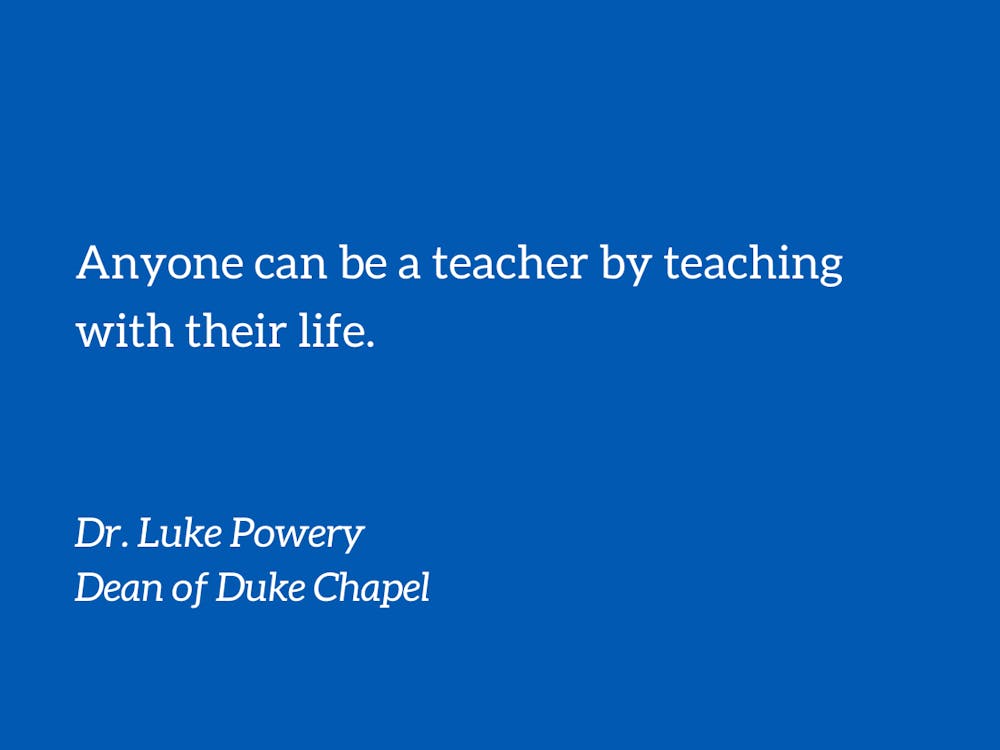At an institution of higher education, teaching and learning are critical. There is a kind of teaching through which something happens, confirming what speech-act theorists teach — words do things. This kind of teaching emphasizes action, not just words. Rather than a telling, it is a doing, a showing.
I remember — probably like you do — former schoolteachers or professors who ignited a flame in my intellect and heart, captivating my imagination about a subject matter. I wanted to learn more (except in the case of my undergraduate computer science course about the C programming language — I’m still having nightmares about that one!).
Mrs. Esch was one of those teachers. Mrs. Esch (who years later became Dr. Esch) was my second-grade teacher at Parkway Elementary School. Brimming with energy, she had a committed, intentional, fast-paced walk. She kept an upright piano in her classroom, and I still remember her leading us in singing in her southern accent, "On top of spaghetti all covered with cheese, I lost my poor meatball when somebody sneezed …" I have no clue why we sang that song, but what she demonstrated was the power of music as a source of education beyond words. Linking pedagogy with acoustemology, Mrs. Esch understood the impact of the arts on children.
More than any specific lesson, Mrs. Esch embodied belief in me. One time she gave me the opportunity to say the Pledge of Allegiance over the school loudspeaker. That morning as she walked me to the office to recite it, she held my hand; she was so proud of me. She may not have known it at the time, but she was nurturing an aptitude for public speech in me, sowing seeds for a future that would involve lots of public speaking.
As I reflect on her impact, I recognize that the purpose of teaching is not solely about information but transformation. In his book "The Courage to Teach," the educator Parker Palmer writes, "Education is about healing and wholeness. It is about empowerment, liberation, transcendence, about renewing the vitality of life." Palmer names the sacred at the heart of knowing, teaching and learning and wants to reclaim it "from an essentially depressive mode of knowing that honors only data, logic, analysis and a systematic disconnection of self from the world, self from others."
We’ve heard it before — that you may not remember what people said, but you’ll remember how they made you feel. Teaching is like that; it’s more than a scripted lesson for the day. Unfortunately, there are some teachers who will even belittle students, causing them to shrink into themselves and lock their minds into little boxes of thoughtless fear, rather than expand and enlarge their imaginations, lives and hearts.
Yet there are still so many other teachers who inspire us to be free and fully alive. That includes people who don’t hold the official title of "teacher" or "professor." Professor Bell Hooks reminds us of this in her book "Teaching Community" when she writes, "We are not just teachers when we enter our classrooms but are teachers in every moment of our lives." Anyone can be a teacher by teaching with their life. So, let’s live so as to teach lessons that set people free and to point them toward becoming whole and healed.
The Rev. Dr. Luke A. Powery is Dean of Duke University Chapel. His column runs on alternate Mondays. This column is adapted from his sermon "Teaching That Transforms," which was delivered to Duke University Chapel on Jan. 28, 2024.
Get The Chronicle straight to your inbox
Signup for our weekly newsletter. Cancel at any time.

